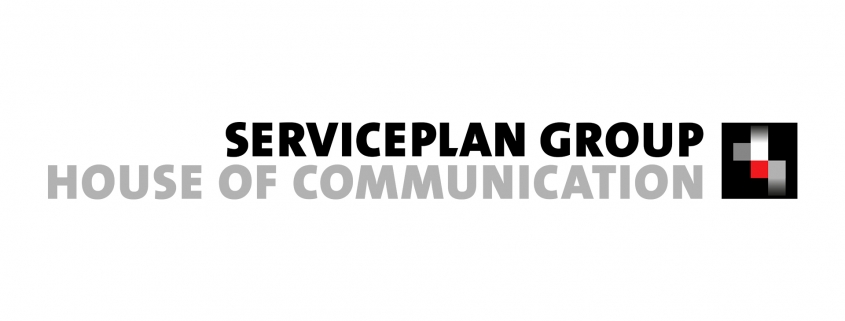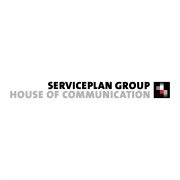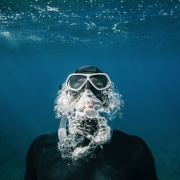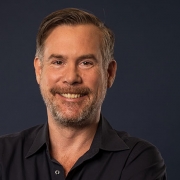- Ready for the social media firestorm: Good preparation for digital crises is important - 9. October 2018
- The mobile revolution in the digital universe - 1. October 2018
- Good relations are half the battle: The power of relationships and politics - 25. September 2018
- Digital Leadership: Four principles of digital brand building - 18. September 2018
- Digital Emerging Markets – The Era of Tweets, Likes and Uploads - 10. September 2018
- Split identity: How to avoid brand schizophrenia in the target markets - 4. September 2018
- Premium for everyone: Two factors that reinforce the trend towards premiumization - 28. August 2018
I will get straight to the point; I’m a big fan of the EU. It annoys me when economists complain about bureaucratic pettiness and sluggishness in Brussels and Strasbourg. Of course, there are many things to improve and one might well wonder about regulations such as 1677/88 / EEC, which dictates the degree of curvature in cucumbers.
But honestly, do those wondrous details have notable significance when compared to what the EU has done so far? Never, ever. So, we should more praise it rather than criticise: We take advantage of a travel without restrictions, a simplified flow of goods, improved transport and logistics, a more flexible labour and training market and the establishment of mandatory standards which have been a boon to the auto industry. These are the significant achievements of the EU, of which we Europeans can be proud.
We are creating an economic area which connects many nations; we are growing together. Out of “Made in Germany”, “Produit en France” or “Made in Britain” (to name only a few EU countries), comes “Made in Europe”. Businesses need to learn to think and act more European.
Winners BMW and Bosch
Especially German brands appear to have understood this. In a representative study “Best Brands 2016″, conducted by Serviceplan with partners and GfK in five EU countries, six German brands dominate the top ten European Brands: Porsche (1. Place), BMW (2.), Bosch (3.), Adidas (5.), Audi (6.) und Miele (7.). Two French brands made the top ten (Michelin, 8. and L’Oreal, 10.), as well as a Swedish (Ikea, 4.) and Swiss Brand Nestlé (9.).
All German companies have shown impressive figures. For example, BMW was looking in 2015 at its most successful year ever and in Europe alone, selling nearly one million vehicles. For Adidas, sales in Western Europe increased by a splendid 14 percent. The Bosch Group reported significantly stronger sales growth in Europe in 2014 with an increase of 4.2 percent to 37.5 billion euros (as of 12/15). And Miele recorded for 2014/15 its highest growth since 2005: by 8.3 percent to 3.49 billion euros.
It is notable that BMW and Bosch, two of the top companies on the winners’ podium, combine sustainability and bold future orientation. The car makers are preparing, with the utmost determination, their transformation into an electric mobility company before and were named the most sustainable company in the world in 2016 (according to market researchers Corporate Knights).
‘Made in Europe’ is in demand
Bosch stands out because of its advanced products for the networked mobile world – but also due to its ethical business philosophy: “A decent way of doing business, in the long run, the most profitable, and the business world values such an approach much more than one would expect,” wrote Robert Bosch in 1921.
The founder and Jean-Claude Juncker would probably have well understood each other because his beliefs correspond exactly to what the President of the European Commission calls for today. “In Europe we need a renaissance of the social market economy,” he noted in 2014 at the “Best Brands” gala evening, in his opening speech to it.
To put it bluntly, all the leading brands of Europe owe their remarkable success to the EU decisions. Their successful positioning as European brands also makes them popular worldwide. In countries such as China and Russia, goods “Made in Europe” are very popular.
This unique success is in danger through inner-European border closures. Just imagine what consequences this may have in the long run if a stagnant flow of goods paralyzed production and logistics. If performance and competitiveness decrease, purchasing power drops. That would be a chain reaction which would set European brands back by decades, and our economy with it.
I hope that politicians of all EU nations are aware of the consequences of their actions, and that they are prudent enough, to not lose sight of the original goal: the creation of a strong Europe as a common economic community with values which secure our common prosperity – whatever the current political turmoil.
This page is available in DE





